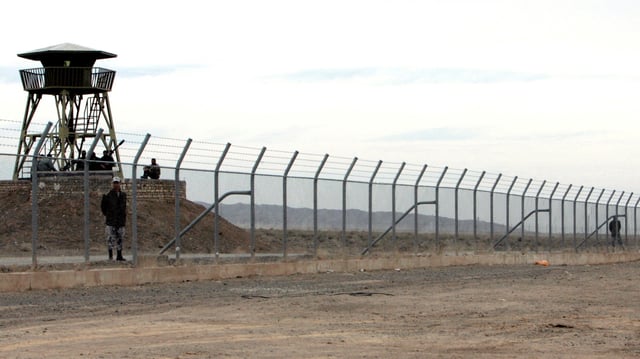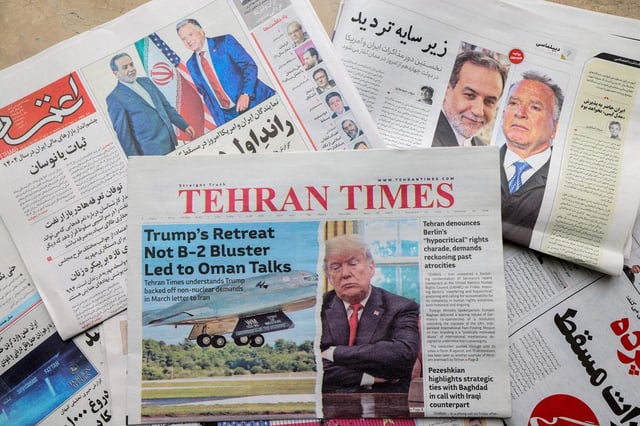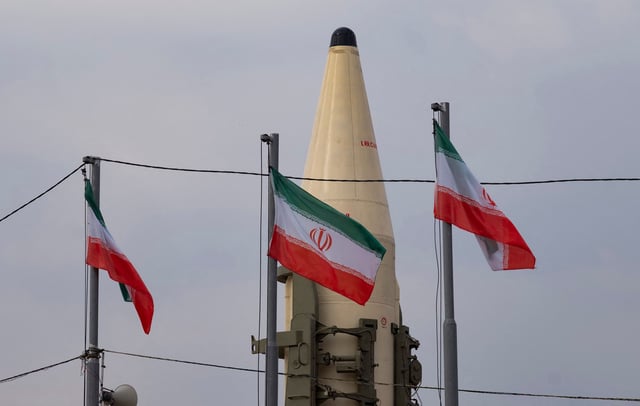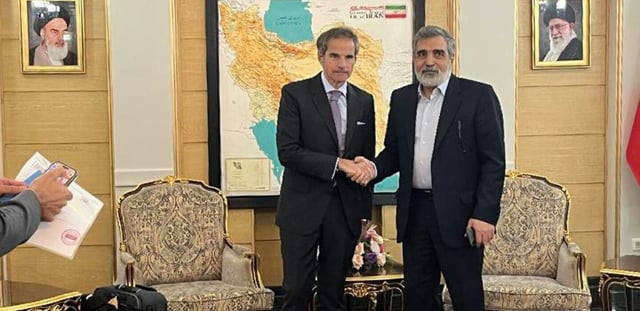Overview
- Indirect negotiations between Iran and the US, mediated by Oman, are scheduled to resume on Saturday in Rome, shifting from earlier sessions in Muscat.
- Iran maintains that uranium enrichment, now at 60%, remains a sovereign right and is not subject to negotiation, despite US demands for its cessation and dismantlement.
- The IAEA Director General Rafael Grossi warns that Iran is close to possessing enough material for a nuclear bomb, emphasizing the need for verification of Tehran's claims.
- Russia has pledged to support diplomatic efforts to resolve the nuclear standoff, while Iran's Supreme Leader Ali Khamenei has expressed skepticism about the outcome of talks.
- The 2015 nuclear deal, abandoned by the US in 2018, capped enrichment at 3.67%; Iran's current levels bring it closer to the 90% threshold for weapons-grade uranium.



